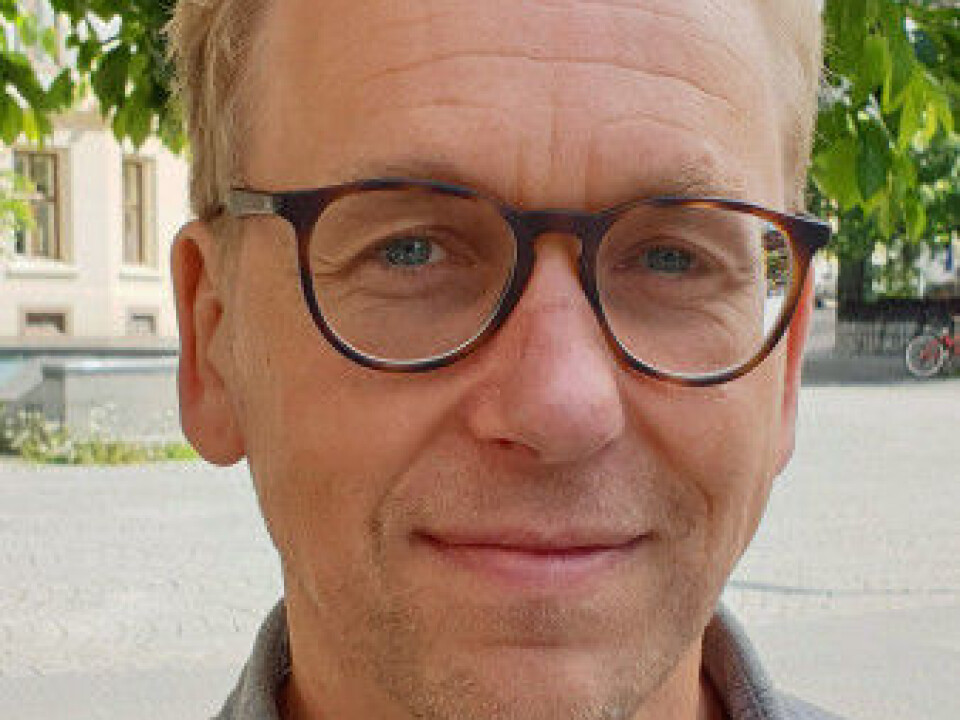
How drug dealers describe their own lives
They boast of their own crimes and make fun of the police, often with a smile on their face, Norwegian researchers report.
Humour isn’t usually the first thing you think of when it comes to drug dealers.
But when a team of social scientists conducted interviews with incarcerated drug dealers in Norwegian prisons, they found a surprising amount of humourous stuff.
“We tried to get them to tell stories they liked to tell about themselves,” said Sveinung Sandberg, a criminology professor at the University of Oslo. “And many of the stories were funny.”
The goal of Sandberg’s research was really to find out more about serious issues such as drug sales, violence, and what it’s like to live on the fringes of society.

But when they listened to the inmate interviews, they found they routinely used humour to “criticize authorities, for self-aggrandizement, and to alleviate the pain of tragic experiences,” Sandberg and his colleague Sébastien Tutenges wrote in a research article about their work.
The research team interviewed 40 prisoners, all men between 20 and 49 years old, in six Norwegian prisons between 2010 and 2014. It took a long time to get this many drug dealers to interview.
Laughing at others and themselves
When the biggest drug dealers talked about their lives, they used humour to boast about their own accomplishments, criticize the authorities and talk about difficult events in their lives.
Of course that’s not how the prisoners interpreted their storytelling penchants, but how the researchers interpreted them based on theories about the typical functions of humour.
For humour is not only fun. Other research shows that police make jokes to cope with dramatic experiences or to challenge hierarchy on the job.
Better a long funny story than a tale of woe
The researchers found that the criminals would boast of their accomplishments and present themselves as winners — despite having been caught and imprisoned.
“It probably gives them self-respect and status,” Sandberg says. “They’re in prison and have failed. Many of them have drug problems themselves.”
A long, funny story with a little exaggeration and drama is much more fun for inmates to tell than how they got beat up and ended up in jail, he said.
Beaten as a child
The criminals were also able talk about difficult experiences with a grin on their faces. Several had a troubled upbringing, full of violence and drunkenness.
“I think they laugh at their own tragic situation to protect themselves. If you start crying, you become a victim, and that’s probably something many in this harsh, masculine street culture fear,” says Sandberg.
“When you laugh a little, it becomes possible to talk about things that I think would otherwise be very difficult to talk about,” he said.
Often, the researchers would laugh along with their interview subjects. But not for these stories— or when the inmates described violence, Sandberg said.
Humanizing criminals
Sandberg wants to remind us that criminals are like most people, in many ways.
“If we are constantly thinking that this is sad and extremely violent, we make them more different than they really are,” he says.
He is aware that this can be a provocative position.
“These are serious issues, and it may not feel like you are taking it seriously if you study humour in these environments,” he said.
But precisely because criminals are a group that falls outside normal society in so many ways, it is all the more important to make the human part of them visible, he believes.
“If we see how they can laugh at themselves and others in a recognizable way, it will be easier to understand them as human beings,” says Sandberg.
If the distance between the majority of people and criminals becomes a little smaller, it may also be easier for convicted prisoners to return to society, he said.
---------------------------------






























